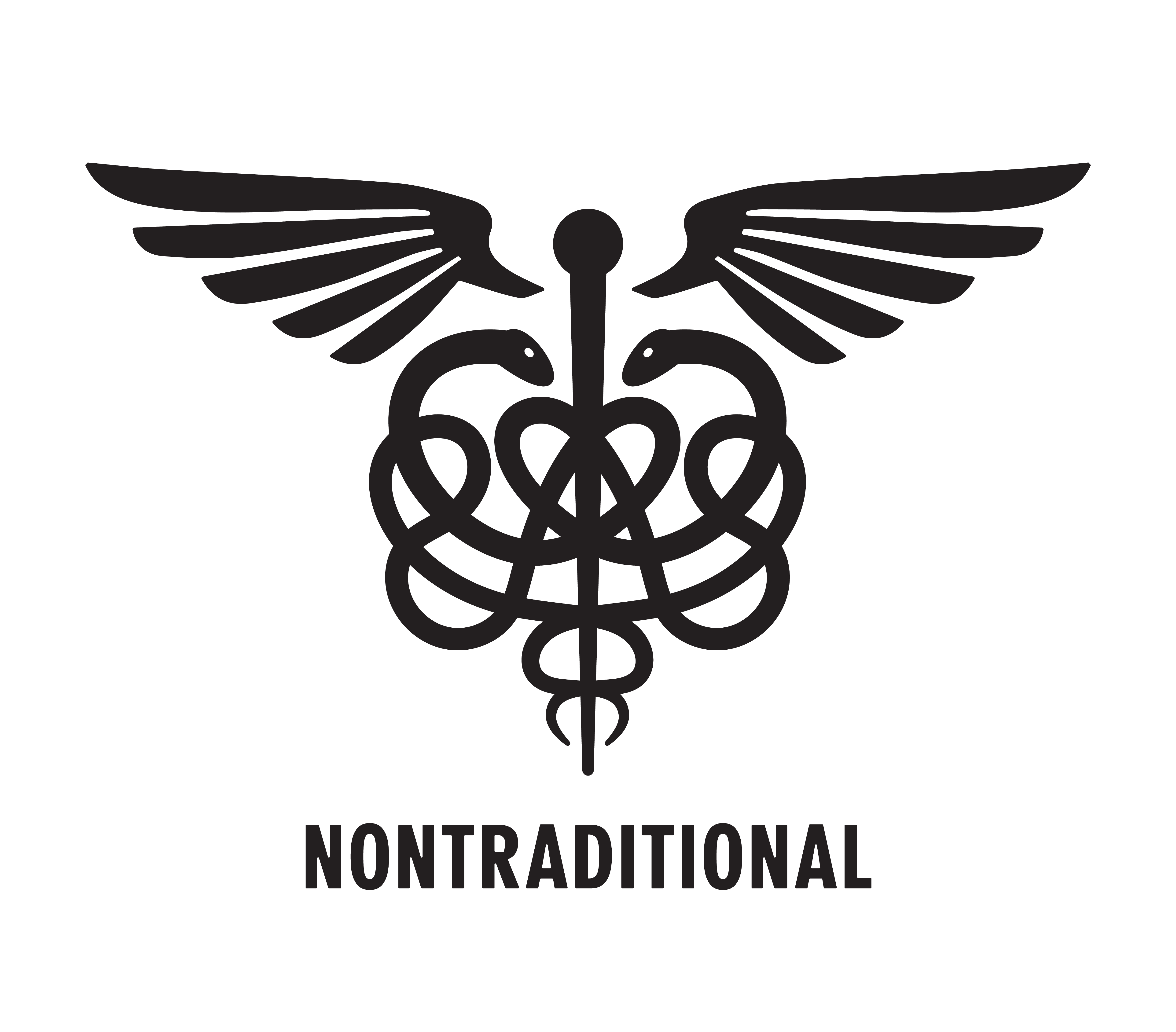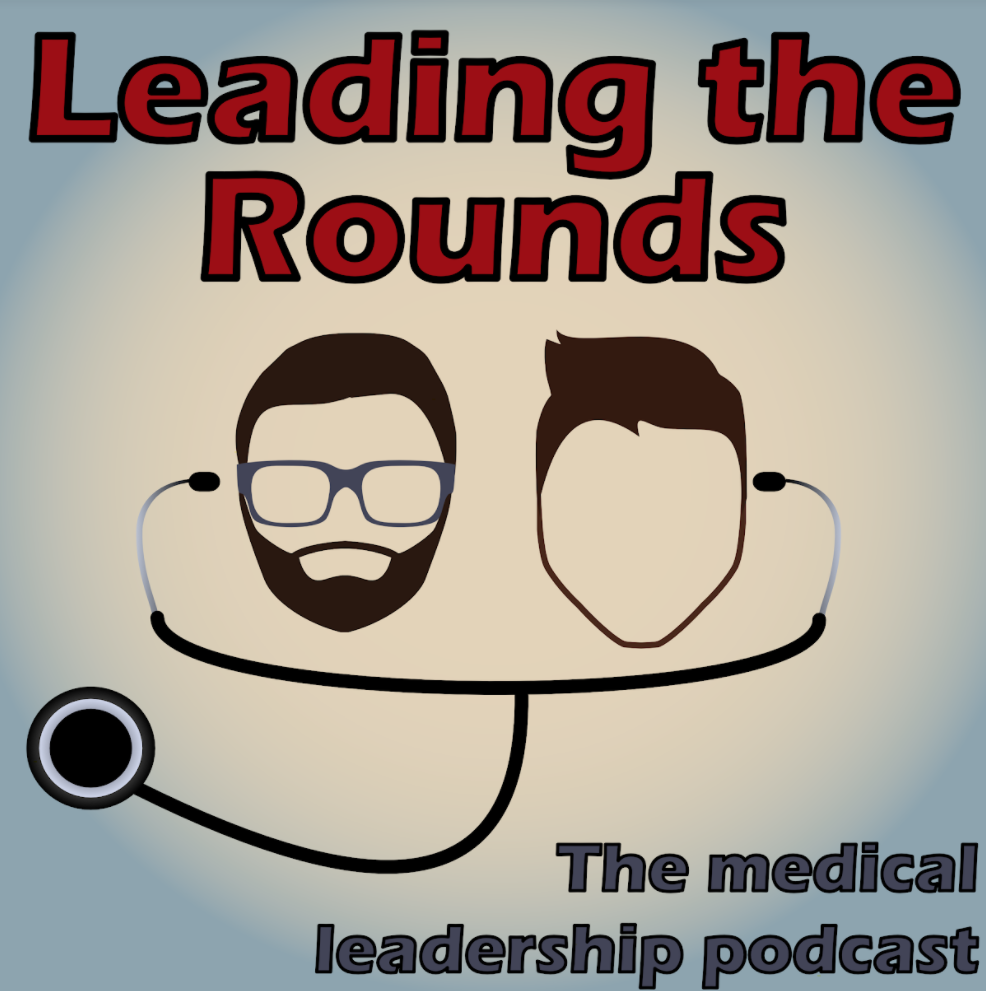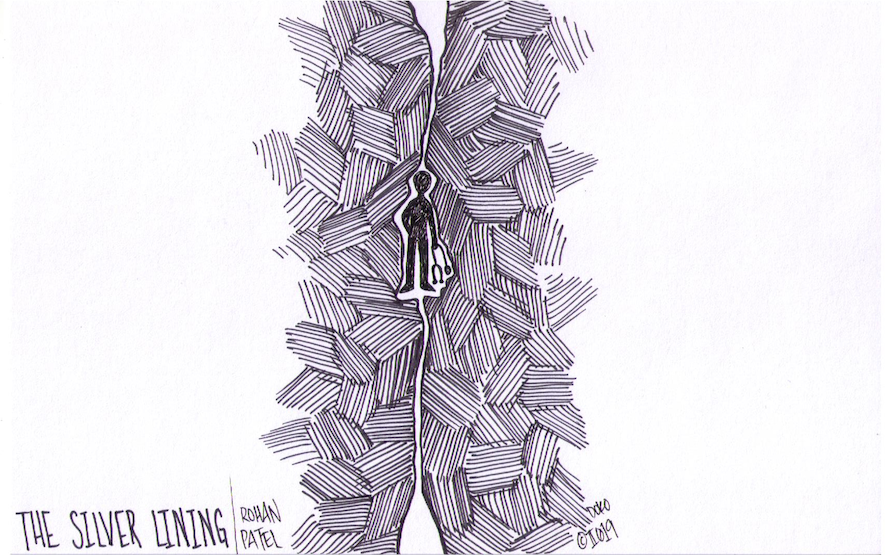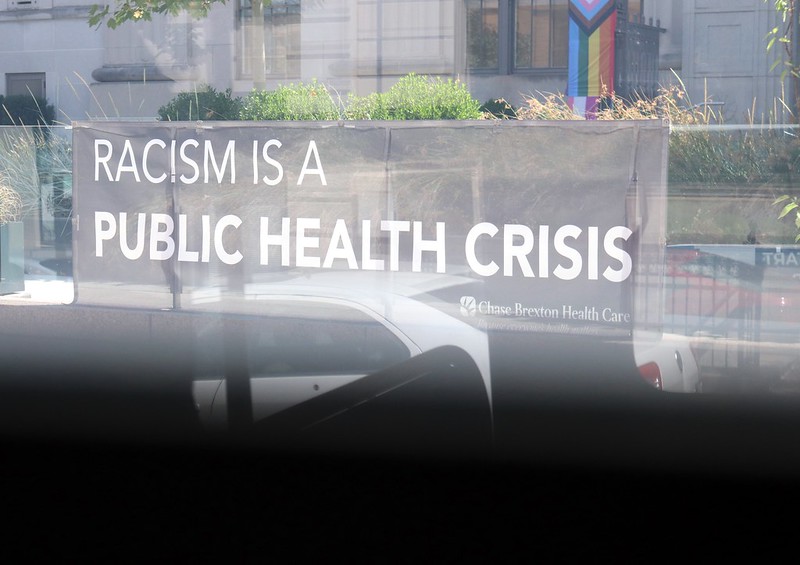The Operating Room
As soon as I let the door close quietly behind me, I turned to face the glaring, rude fluorescent lights of the operating room foyer. I felt my pupils constrict against their offensive shine as I ripped down my mask to suck in as much oxygen as my deflated lungs possibly could.












